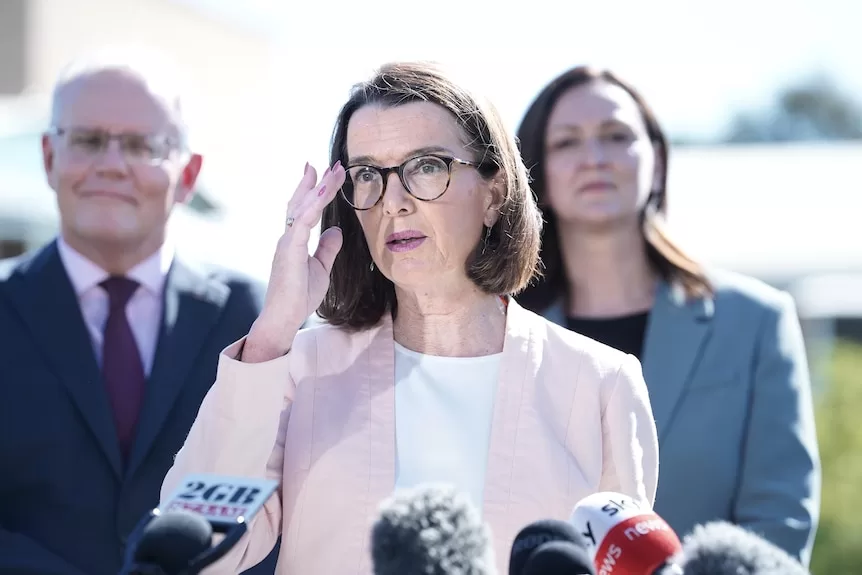The Chair of Mental Health Australia has taken a swipe at the Albanese government’s “inaction” on mental health, as he resigned from the top role of the peak non-government organisation representing the sector.
Businessman and former professional cricketer Matt Berriman was appointed to the position in December 2021 and was re-appointed for another two years late last year, but said he “unfortunately” had to resign because the government was not doing enough in the mental health space.
“I don’t think over the last 20 years mental health has been addressed in this country and the Labor government promised that was going to happen and it hasn’t,” he said.
Mr Berriman expressed several issues with the government’s current approach to mental health, saying the sector was inadequately funded, taxpayer money was not spent in the most effective way, and it was not given the attention it deserved.
He pointed to the tens of billions of dollars the federal government was spending on defence and the NDIS, and argued that mental health should be a bigger funding priority given millions of Australians experience the impacts of it throughout their lifetime.
“As a business person, I just don’t get the maths,” he said.
But speaking to the ABC upon his exit, Mr Berriman did have praise for both Health Minister Mark Butler and Shadow Health Minister Anne Ruston, as people who really cared.
While acknowledging how busy Prime Minister Anthony Albanese is, he said he would have appreciated a meeting with him during his tenure.
‘Disgraceful’ government has ignored mental health, says opposition
Shadow Health Minister Anne Ruston said it was “absolutely disgraceful” the government had ignored mental health to “such a degree that the peak body’s Chair has now decided to resign.”
“Mr Berriman has provided a strong voice for all Australians impacted by mental health, bravely sharing his own lived experience and boldly calling for greater action from this Federal Government, Senator Ruston said.
She also used the opportunity to again criticise the government’s decision last year to reduce the number of subsidised psychology sessions, that were available to people during the pandemic, from 20 to 10.
“This completely ignores the fact that serious mental ill-health should be treated in the same way as physical medical conditions,” she said.
In a statement, Mr Butler thanked Mr Berriman for his work and acknowledged his “deep commitment to advocating for those with lived experience.”
Mr Butler said the government would continue to work closely with the sector and was committed to ensuring all Australians received the mental health support they needed.
“Mental health reform will not happen overnight.”
On his exit, Mr Berriman also warned the major parties that if they did not do more to address mental health, they would lose voters at the next election.
Mental Health Australia released a statement in regards to Mr Berriman’s resignation and said that further information about the new Chair of the Mental Health Australia Board would be announced shortly.
